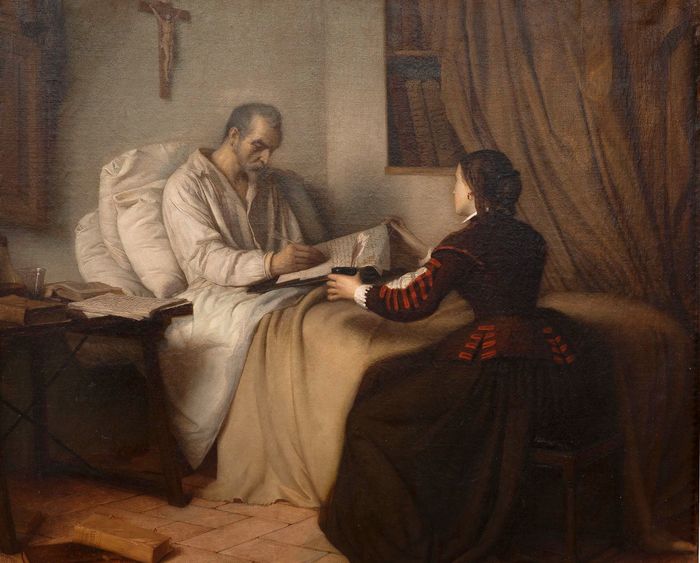234. The City Prefect and several nobles were implicated in a plot to kill the emperor on St. George’s Day (1060), but they were only punished by the confiscation of all their property (Scylitzes 813D, p. 652).
235. Cf. note 226.
236. Cf. note 227.
237. Possibly the grandfather of the almost legendary Digenes Acritas, who is said to have carried on a permanent freebooting campaign against the Saracens. According to the legend he was the son of a daughter of a general of the Ducas family and a Saracen emir (whence his name Di-genes).
238. Eudocia Macrembolitissa, a relative of Michael Cerularius.
239. Michael and Andronicus before his accession; after he became emperor, Constantine. There were two daughters Theodora and Zoe.
240. Constantine IX.
241. Constantine X.
242. Isaac submitted to the discipline of this monastery and was even content to act as janitor.
243. Some time in 1061.
244. Constantine’s parsimony was notorious.
245. Zoe married Adrian Comnenus, brother of the future Alexius I.
246. She was also known as Theodora Anna.
247. Cf. note 234. They intended to sink the imperial galley and drown the emperor while he was on his way back to the palace from Mangana.
248. Cf. note 233.
249. They were the sons of Andronicus Ducas.
250. John Xiphilinus of Trebizond was elected Patriarch in 1064, afier the death of Lichudes. He was appointed to the office against his will for he was loth to leave his monastery. He was now Abbot there.
251. The emperor’s illness began in October 1066 and lasted until the following May. On his deathbed he compelled his wife to swear that she would never marry again, and the Caesar John and other intimates were required to promise that they would recognize no other emperor but Constantine’s sons.
Medieval writers
252. It is noteworthy that the whole of this section dealing with the emperor’s sayings is found verbatim in Scylitzes, 818C, P. 660. Medieval writers regarded the work of their predecessors or even contemporaries as common property. (C, Anna Comnena, Alexiad, V, 9. where she uses a passage taken from Psellus, Chronographia, Rornanus III, 2-3 .)
253. Eudocia was particularly concerned at the attitude of the Patriarch: he was insistent that she should remain faithful to the oath she had given to her dying husband. In order to obtain his consent to her new marriage, she conspired with one of the Court eunuchs, a person of low character.
Read More about Eudocia 1067 part 35








